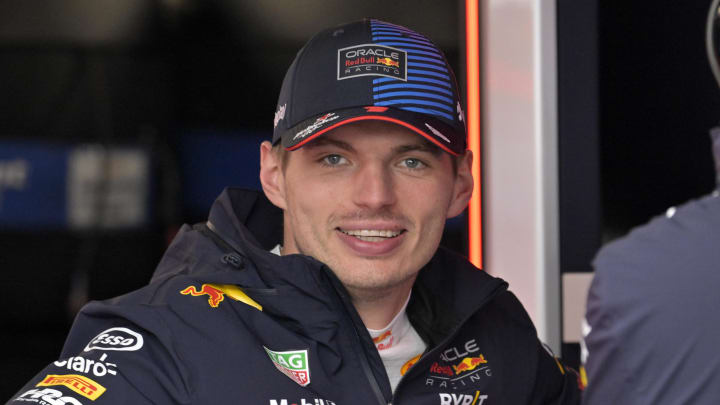Austrian GP Steward Johnny Herbert Reveals Why Max Verstappen Wasn't Punished More After McLaren Complaints

At the recent Austrian Grand Prix, a racing incident that resulted in McLaren's Lando Norris retiring early has stirred questions and controversy. The late-race collision involved Norris and Red Bull's Max Verstappen, who, despite the clash, managed to finish fifth after receiving a 10-second penalty and having two points added to his racing license.
Johnny Herbert, a former Formula 1 driver who served as a steward during this race, explained the decision-making process behind Verstappen's penalty, which has sparked debate, particularly from McLaren. According to Herbert, the penalty imposed on Verstappen was "the hardest one that can be applied under FIA guidelines that we operate under as stewards."
Verstappen's maneuver, which forced Norris off the track, led to an outcome where a more severe penalty could not be justified under the current framework, even amid assertions from McLaren that the consequences should have been amplified. Herbert elaborated on the Steward's stance, acknowledging their desire for harsher penalties during an interview set up by Coin Poker:
"That is the hardest one that can be applied under FIA guidelines that we operate under as stewards. McLaren have said it should have been harsher, but that is the game all teams play.
"If someone had flipped over or been barrel rolling down the track I don’t know if that would have changed things. Forcing a driver off the circuit or causing an incident is what it came under.
"That was the maximum sanction we could have taken."
He continued:
"It is all about consistency. We have to abide by the FIA regulations which say if there is a car which makes contact with another car it is a ten-second penalty full stop. That is the consistency which you need.
"To go well that was more extreme doesn’t work. It was hard racing and one driver made a little error in squeezing the other. That led to the contact.
"There is no sliding scale of penalties because that would become a bigger issue and more subjective. If you try to slice up an incident it causes more problems and then it is more inconsistent and everyone gets more unhappy."
